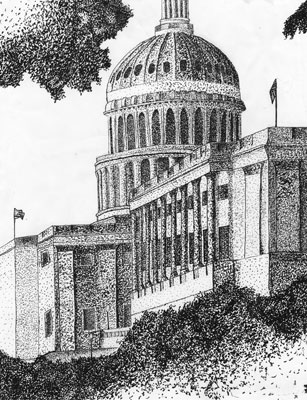All Nonfiction
- Bullying
- Books
- Academic
- Author Interviews
- Celebrity interviews
- College Articles
- College Essays
- Educator of the Year
- Heroes
- Interviews
- Memoir
- Personal Experience
- Sports
- Travel & Culture
All Opinions
- Bullying
- Current Events / Politics
- Discrimination
- Drugs / Alcohol / Smoking
- Entertainment / Celebrities
- Environment
- Love / Relationships
- Movies / Music / TV
- Pop Culture / Trends
- School / College
- Social Issues / Civics
- Spirituality / Religion
- Sports / Hobbies
All Hot Topics
- Bullying
- Community Service
- Environment
- Health
- Letters to the Editor
- Pride & Prejudice
- What Matters
- Back
Summer Guide
- Program Links
- Program Reviews
- Back
College Guide
- College Links
- College Reviews
- College Essays
- College Articles
- Back
World War 1 Origins
Since 1914, German and American associations had fallen with several German naval attacks on neutral ships and sparked into hostile warfare with the Arch Duke Ferdinand’s assignation. Prior to the official declaration of war, President Wilson promised a “neutral name” for America, keeping the states out of conflict with certain European powers, particularly Germany, wishing to remain out of war to avoid certain excessive rates of mortality on both sides. However, neutrality was only document stamped, as the United States had already favored Allie forces, only trading with them and experiencing an economic boom. “Many progressives defined President Wilson’s definition of war as an idealistic crusade to defend democracy, spread liberal principles, and redeem European decadence and militarism,” Out of Many, 3rd edition.
Initially, prior to the Great War, President Wilson, along with a large majority of America, believed that the United States should remain neutral in the climaxing tensions between foreign European powers, typically between the Allies and the Central Forces. President Wilson discussed a course of passivity in which citizens of the United States should proceed with a neutral ideology and manner of being “impartial in thought as well as action.” However, “neutrality” existed only on paper, as the U.S. adapted more amicable relations with Allie forces, their economic ties preventing any impartiality while simultaneously producing a U.S. economic boom. The decline of German-U.S. relations began its descent with the catalyst of the sinking of the Lusitania, a British ship that was 128 Americans, who were all killed in the attack. Proceeding from that point, Wilson prohibited Germany from further attacks, or else the total termination of relations, and later installed the National Defense Act to expand its army, specifically for German threat. Still U.S. remained passive in the reluctant wish to enter war. However the U.S. threat was held with little severity, as more sinking of American ships and the Zimmerman telegram incensed U.S. entry into war, with an official Congress declaration on April 2, 1917.
American relations with Germany had officially deteriorated, as Nativist American citizens were armed with fresh hostility to the Central Powers, and began mobilizing counter-attacks. As Wilson had stated, the war was not merely to defend American ships, but to destroy militarism and preserve democracy and fight to install a future international peace. Officially starting 1915, the U.S. began preparing for war, with immediate goals of increasing military readiness and size. Key features of American mobilization included the 1917 Selective Service Act, in which several young American men were drafted and classified for military combat, collecting almost 10 million men, along with segregated black units in the U.S infantry in the French Army. Further effort exerted U.S. propaganda from the Committee of Public Information pushed to gain support American war force and influence negative German sentiment, publishing at least 100 million pieces of pro-war literature, and subtly making war attractive with Hollywood appeal, pro-war entertainment, and American moralistic ideals of peace and freedom.
As to the morality of going into the Great War is ambiguous to answer, viewing Woodrow’s policies on a purely political point, allows the president’s actions to be seen justified in the face of ensuing world power tensions. Despite initially remaining neutral as to avoid certain mass mortality from both sides, President Wilson had to take direct action against German attacks on U.S. vessels and belligerent threats, making neutrality an unviable option. From 1915- 1918, U.S. embarked on “moralistic quest to maintain democracy”, uniting the States with war support, and finally winning the war in 1918 and going into a ravaged, but hopeful victory.

Similar Articles
JOIN THE DISCUSSION
This article has 0 comments.
